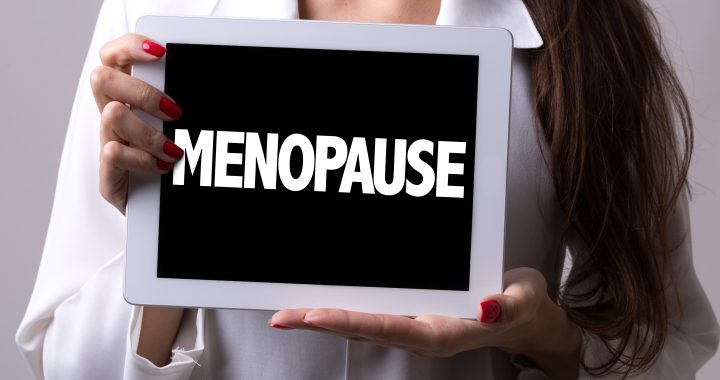Menopause is not a disease! Contrary to the current medical view that menopause is a disease; it is a natural and normal physiological process. In fact, many cultures around the world have the healthy perspective that the cessation of menstruation in older women is an accepted part of the life process and a positive event in a woman’s life. In these cultures most women do not experience the negative symptoms associated with menopause.
In 1966, Robert A. Wilson, MD introduced his menopausal theory that now has become medical science’s current thinking. He stated that menopause is an estrogen-deficiency disease that needs to be treated with estrogen to compensate for the normal decline of estrogen levels. This allopathic medical approach views the natural process as an unnatural intrusion. It believes that without estrogen replacement therapy women are destined to become sexless caricatures of their former selves the equivalent of a eunuch. It is difficult for me be accept this notion.
The current medical treatment of menopause primarily involves the use of hormone replacement therapy (HRT), utilizing a combination of estrogen and progesterone. The question that screams out to us is: “If menopause is a natural process, is hormone replacement therapy really necessary?” The answer to this question is to understand the natural processes of this change of life. Supporting the natural physiology produces positive benefits.
Menopause is more than a biological event. Social and cultural factors contribute greatly to how women react to menopause. Our culture devalues older women. Many believe that beyond the physical components contributing to the impact of menopause, this devaluation of older women is the root of negativity associated with menopause.
As hard as it is to believe, women in cultures that hold great respect for the elderly look forward to menopause. Advanced age is viewed as a sign of divine blessing and great wisdom. Most of these women pass through menopause without hot flashes, vaginitis, and other common menopausal symptoms. Even osteoporosis is rare in these cultures. Achieving a smooth and natural menopausal experience is possible when given the correct balance of nutritional, emotional, and social support.
Women generally experience menopause between the ages of 48 and 52. Some women cease menstruating in their late thirties, others in their mid-fifties. The US Census Bureau reports that the number of menopausal women, 45 – 54 years old, numbers 13 million. This is expected to grow by 73% by 2010. Over 3,500 women enter the “menopausal years” every day. Today, women are healthier and menopause no longer indicates the onset of old age.
The natural process of menopause does include hormonal changes. Hormonal output, instead of merely reducing gradually, it stops and starts. This endocrine readjustment leads to many of the symptoms of menopause. Estrogen supplies do not totally cease and will regulate and remain at a plateau till about age 70. It is too simplistic to say that menopause means that a woman runs out of estrogen. The symptoms of menopause are caused by estrogen dominance in the body as progesterone production declines in the years leading up to menopause.
Hot Flashes are the most irritating of symptoms. Someone said that you should not think of it as getting hot flashes, merely your inner child playing with matches. Hot flashes are defined subjectively as recurrent, transient periods of flushing, sweating, and a sensation of heat, often accompanied by palpitations and a feeling of anxiety, and sometimes followed by chills. By accepting the natural process and providing your body with foods rich in phytoestrogens, which the body can convert into usable estrogens, the frequency and severity of hot flashes is reduced.
Modern, educated women have reduced hot flashes by avoiding caffeine, which stress and exhausts the adrenals, and alcohol. These women are proactive with nutritional supplements such as vitamin E and bioflavonoids. Many herbs are known to reduce hot flashes such as dong quai, ginseng, gotu kola, and motherwort.
Rather than attempting to artificially counteract the symptoms of menopause with hormone replacement, the naturopathic approach focuses on improving physiology. Through diet, whole food supplementation, herbal and botanical medicines, exercise, energetic balancing, and homeopathic remedies many women have entered their golden years with few symptoms. These women are extremely youthful, active and energetic. They report that the absence of monthly menses is a relief. They are surprised that their libido is unaffected. By taking a natural approach, you will find that life blossoms and renews every day.

